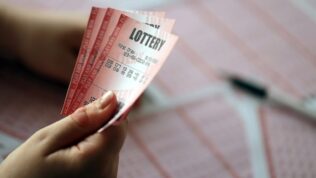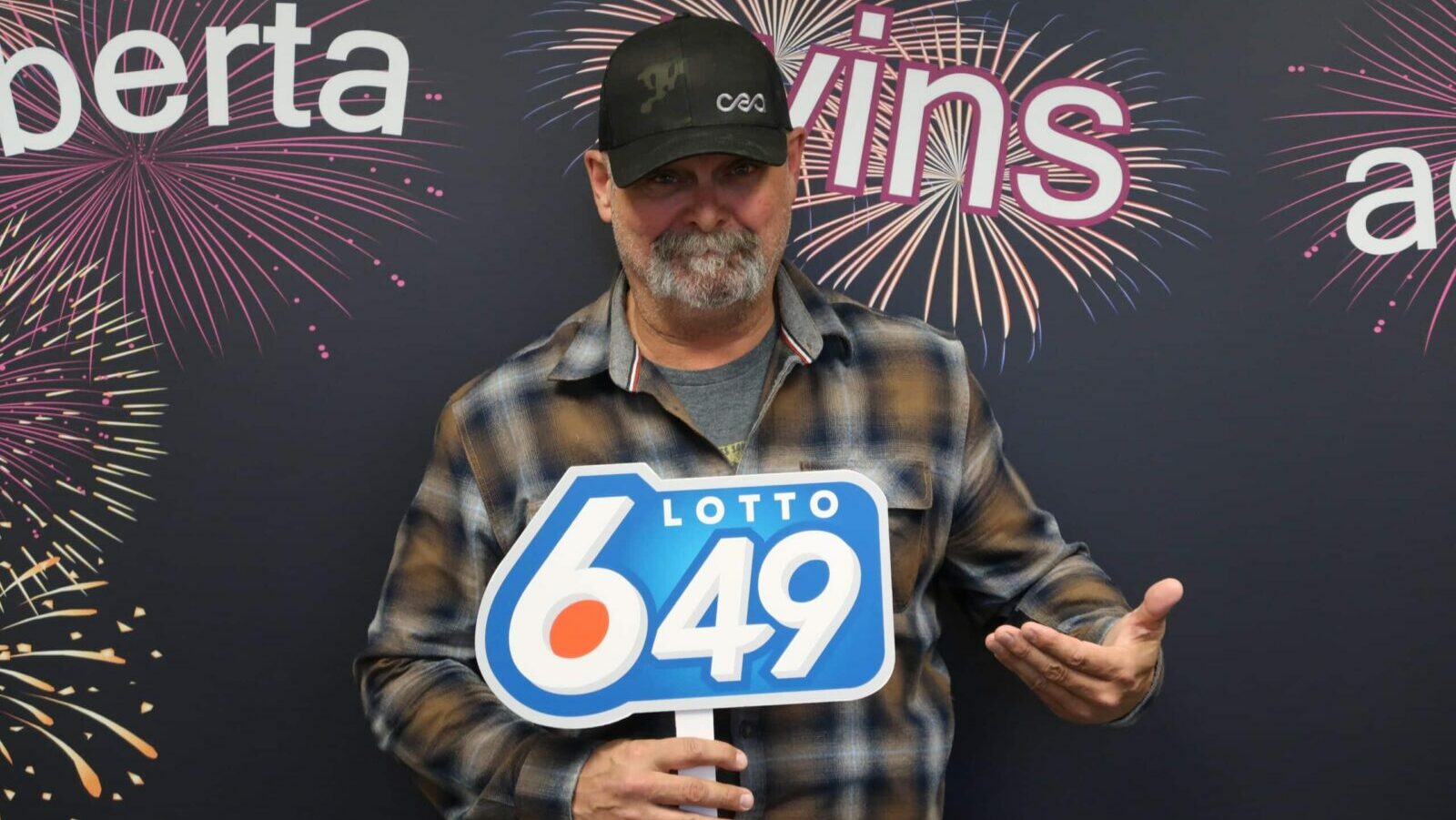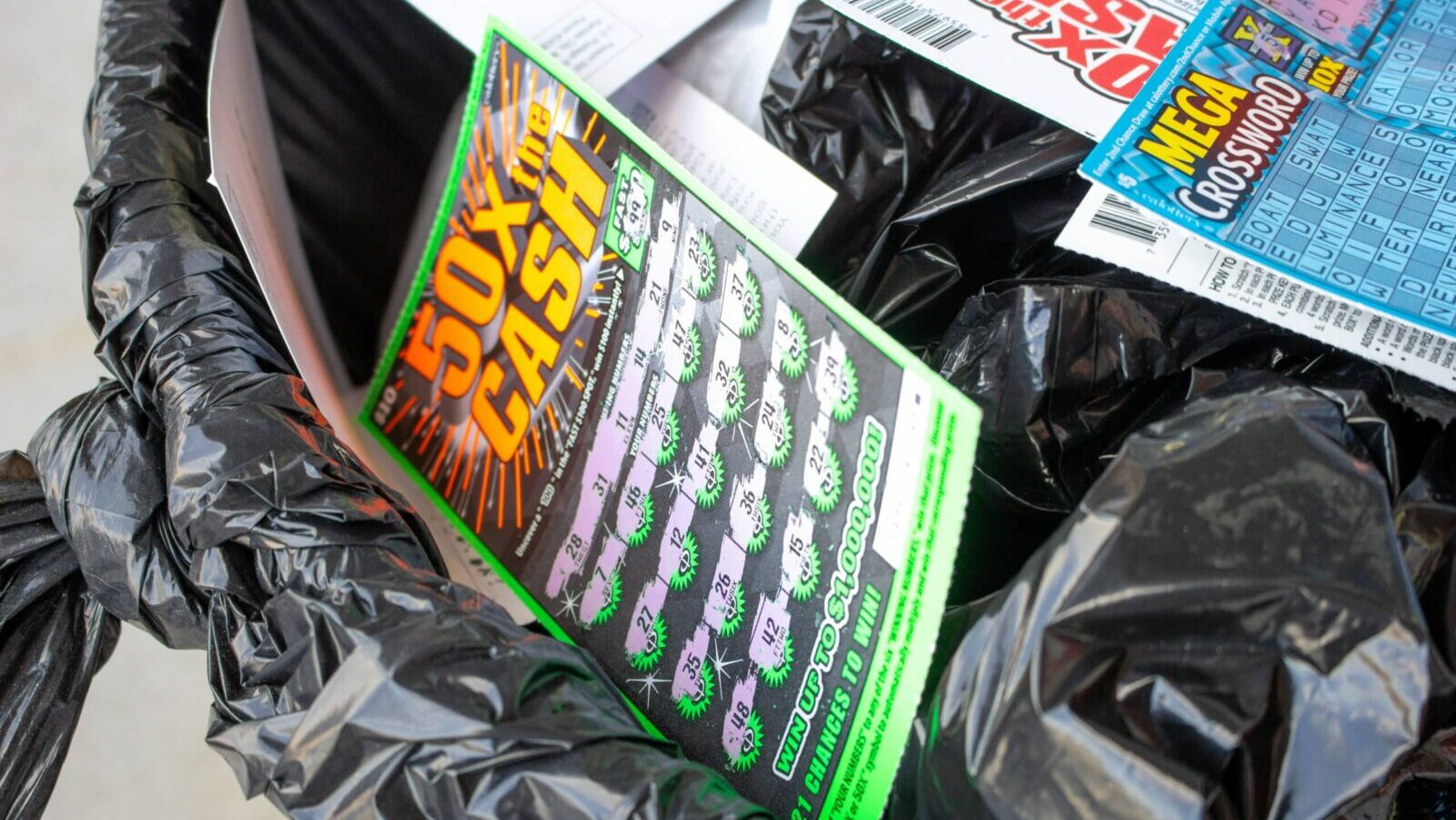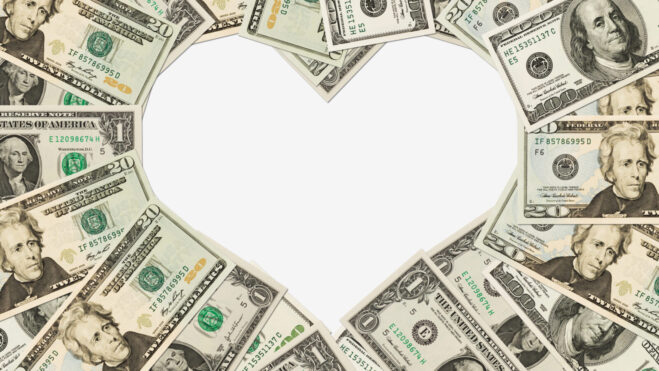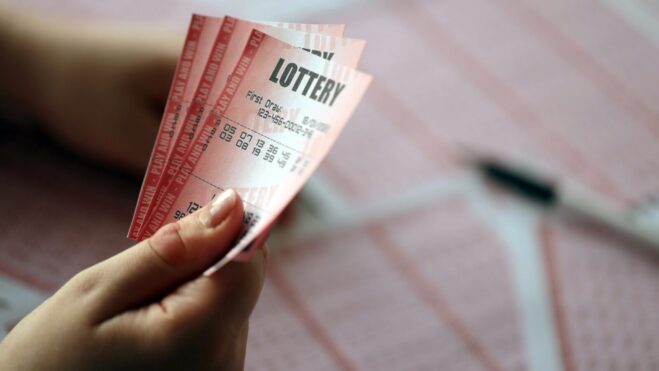These days, there are a lot of rules surrounding the lottery and how to play it. But imagine, if you would, a time without rules – a time when the lottery was still a lawless testing ground in which only the fittest survived. A time in which a young Romanian economist could win the lottery 14 times, forcing three different countries to change their laws. It is this time of which we will speak today.
Let’s turn back the clock to the late 1960s, when Stefan Mandel was just a desperate economist with a dream. Desperate to flee his native country of Romania – which had suffered under Communist rule – he eyeballed impossible odds: winning the lottery. Of course, Mandel had an edge.
By relying on his self-taught mathematics background, as well as a unique method of “combinatorial condensation,” he came up with a plan to game the system, within the bounds of as-written rules at the time.
Mandel knew that if he bought enough tickets to cover 15 numbers of a 49 ball lottery (which, naturally, involved buying 5,005 different games), Mandel could increase his odds to 1 in 2,794. Even if he only won a second prize, it was still enough to get him a ticket out of Romania. So, he enlisted four friends who all bought hundreds of tickets, and luckily found himself with a winning combination. It was enough to bribe ministry officials, escape Romania, and ultimately settle in Australia. That’s where he took things up a notch.
Hatching a grander plan
The man who won over 13 billion naira simply by playing the lottery 14 times!
Stefan Mandel, an economist from Romania, won millions of dollars in three different countries just by playing by the books. pic.twitter.com/buvU4Raz9F
— Homewin (@Homewinng) March 24, 2021
Not satisfied with his miraculous success in Romania, Mandel decided to discover new ways of scoring the jackpot. It wasn’t long before he realized that during certain astronomical jackpots he could guarantee himself a win by buying every possible ticket combination at $1 each.
Of course, he’d need a good lottery pool first, so he set about convincing investors to join his lotto syndicate. Then, armed with a room of computers and a crackerjack team of assistants, he determined every possible lotto combination. Once the jackpot reached a number 3 times bigger than the cost of buying every possible lotto ticket, he mobilized his army of investors and cornered the market, so to speak. Using this method of buying every possible ticket across his syndicate, he won 12 lotteries in Australia alone, including one $1.1 million windfall in 1986.
However, Mandel also became Public Enemy #1 in the process. Due to his unorthodox practices, the Australian lottery authorities ended up passing a law that banned a single person from buying every possible lotto ticket combination.
But the U.S. apparently didn’t jump on many conference calls with Australia in those days: Lottery laws in America did not react to Mandel’s success. Thus, as soon as Mandel became persona non grata down under, he set his eyes on the U.S. and sought his most ambitious win yet.
‘It’s a major operation’
As it turned out, the Virginia Lottery was a perfect target for Mandel. Not only was the lottery relatively new there, but it allowed buyers to purchase unlimited tickets and print them at home. (Can you imagine if that were the case today?) But most auspiciously, Virginia Lottery numbers only went up to 44, generating fewer possible combinations for Mandel to manage.
So, Mandel went about his usual business, though with a bit more pizazz this time around. Now that he was essentially a lottery genius, he not only created a new lotto syndicate, but made it legendary. He partnered with an insurance company, built a trust dubbed the International Lotto Fund, and recruited 2,560 people to buy into the fund via an insurance policy. This way, he could use the fund’s money to legally buy enough lotto tickets to cover his bases.
Granted, he also had to hire 16 full-time employees and purchase 30 computers to print all the tickets he needed, but the payoff would be worth it – hopefully. In any case, as soon as the Virginia jackpot swelled to $15.5 million on February 12, 1992, Mandel assembled his forces and set his wild plan into motion.
With collaborators on the ground in Virginia, Mandel managed to coordinate the processing of almost every possible lottery combination in the game. We say “almost” because one Virginia lottery retailer got tired of having unfamiliar men barging in with giant wads of money, and closed shop early. This meant that Mandel wouldn’t have 700,000 combinations of the 7 million total possibilities. Suddenly, his fortune relied on luck again.
And yet, luck fell on his side once more. Mandel and his investors filed their winning ticket and claimed the $27 million that was perhaps rightfully theirs. (Well, after taxes, of course.) And just like in Australia, Mandel and Co. set off a furor of righteous anger, prompting Virginia Lottery director Ken Thorson to invoke the great Thomas Jefferson, a Virginia native. “We might remember Thomas Jefferson’s view of a lottery,” Virginia Lottery director Ken Thorson told the press. “It is an opportunity for the common man to spend a small sum for the possibility of a higher prize… We never anticipated a group trying to make such a large purchase.”
Then Mandel was investigated by 14 international agencies including the CIA, all of whom found him guilty of only extreme badassery. Still, not much is known about him after that, save for reports that he shorted his International Lotto Fund investors, gave himself a consultant fee of $1.7 million, still somehow went bankrupt in 1995, and later fell into enough money to settle down in Vanuatu, a remote island country in the South Pacific.
Oh, and the U.S. later changed its lottery laws, making it impossible for anyone to ever pull a Stefan Mandel again. Talk about legendary.



